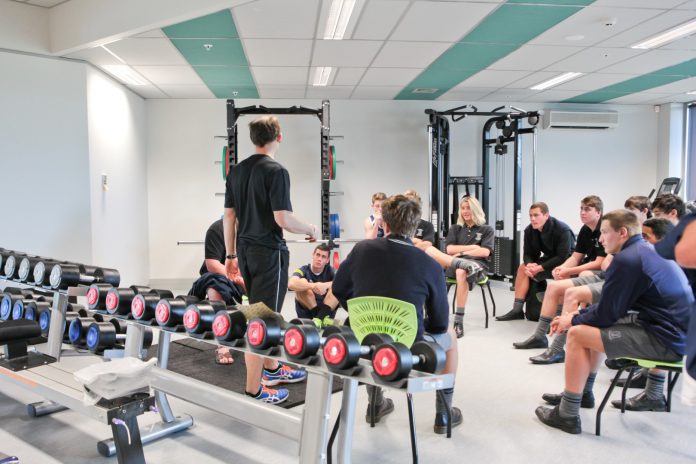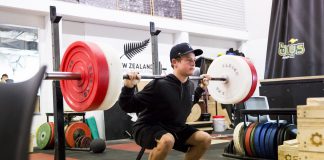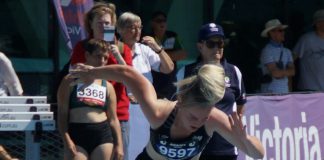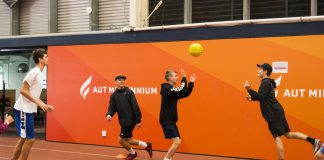The key to pursuing excellence is to embrace a long-term learning process specific to your individual goals and needs. Unfortunately, the ease and safety of doing what everybody else is doing will guarantee you come up short of your potential.
Here are 3 mistakes that most young athletes make and how to avoid them.
1. Not Having a Plan
“He who fails to plan, is planning to fail”.
Practicing without a plan is like going to the supermarket without a shopping list – it’s possible but it’ll take you twice as long and you’re bound to forget something. Having a ‘roadmap’ to your development is crucial to learning.
Action point: Decide what you want to achieve in your sport this year, then spend some time brainstorming the things you will need to be working on right now to accomplish it.
2. Not Focusing on What Matters Most
“Focus like a laser, not a flashlight”
Trying to focus on too many things at once is hopeless. By darting from one thing to the next to the next, you’ll only scratch the surface of new skills and abilities, rather than spending the time you actually need to learn something properly. If you really want to reach your potential, the first step is picking the right things to focus on.
Too often, young athletes get caught up in an overloaded training and competition schedule. But just doing more is not better. Instead, take some time to identify the areas of weakness MOST holding you back, then work tirelessly to get the results you’re looking for – it might take a week, 6 months, or even a year.
You must be patient enough to play the long game. This means forgoing some of the ‘feel good’ pleasures in sport that often come with short term thinking (i.e. winning and the social recognition that comes with it), to maximise the long term rewards.
Action Point: Think carefully about the few things that will make the biggest difference to your development right now, then work into your plan the best way to improve them.
3. Not measuring progress
“If it’s important, measure it”.
Whether it’s the specific technical skills of your sport, a component of fitness, or your ability to handle nerves, measurement gives you the information you need to know whether or not you’re improving.
What are you focusing on right now? Did you measure how good you were when you started out? How do you know you’re getting better?
Not only does measurement make your training massively more efficient, but the confidence you get from clearly seeing the progress you’re making is invaluable.
Action Point: For each of your major work-on’s, come up with a way to measure your progress objectively, then add it to you plan. Be sure to check back regularly to assess how you’re going and change things where appropriate.
Having a plan, identifying key work-on’s, and measuring your progress are key parts of optimising your development as an athlete.




































